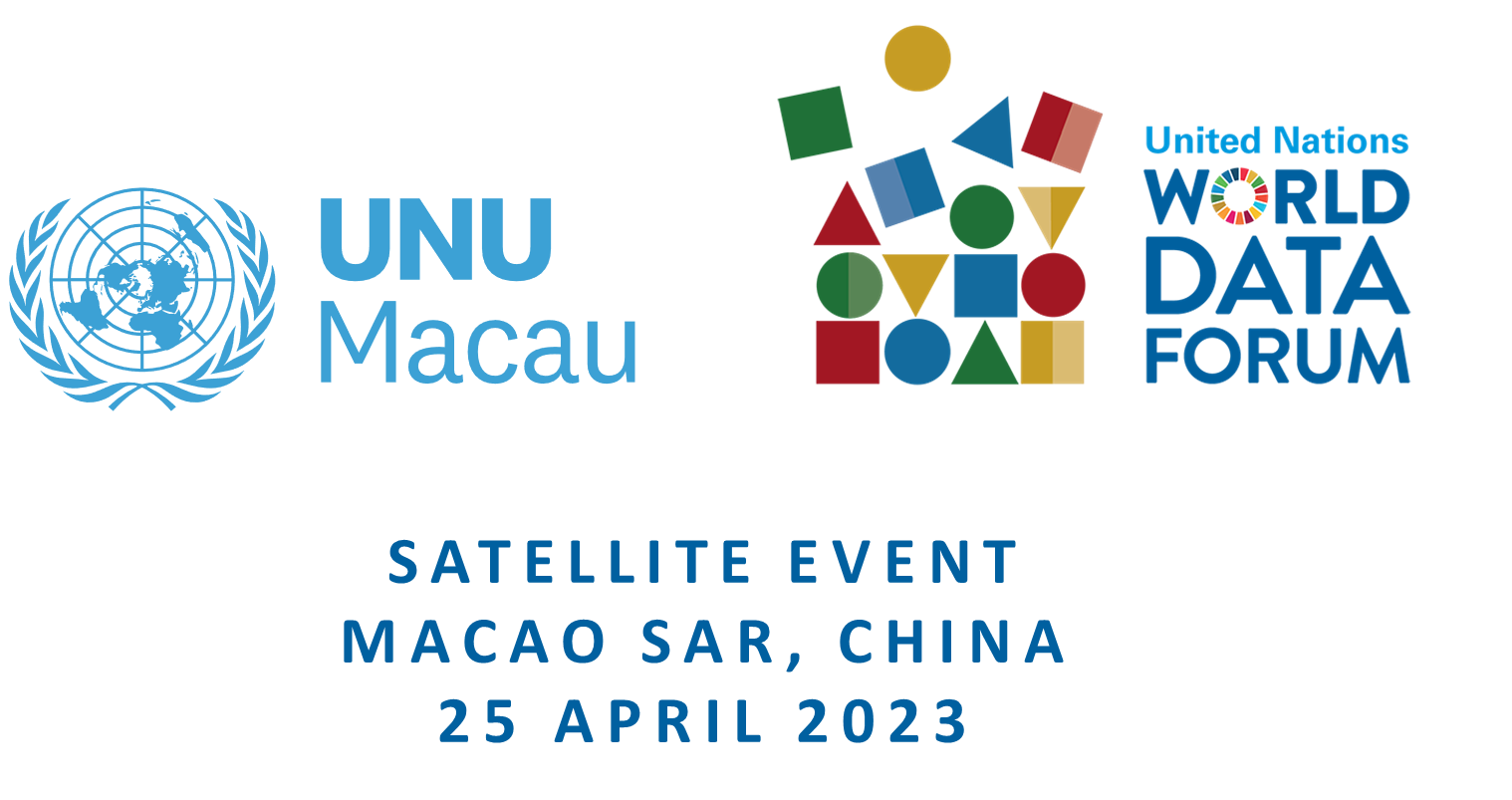Time: April 27th ,2023 14:00-18:10
Format: Online
Organiser: Young interns at UNU Macau
Co-partner: The Institute for AI International Governance of Tsinghua University (I-AIIG)
About us
The younger generation are often seen as digital natives who have more exposure and access to data technology than older generations. They are also more likely to use data technology for learning, innovation, participation and empowerment. However, this also means that they face unique opportunities and challenges related to data that need to be explored and addressed.
As the satellite event of this year’s World Data Forum, this youth forum will take “Digital and Youth” as the main theme, adhere to youth leadership and youth participation, aiming to provide a platform for dialogue and exchange among different stakeholders who are interested in or affected by data and its impact on youth.
Agenda and Speakers’ Introductions are as following.
For more information and/or support in participation, please contact:
Leo, Legel Fellow (intern)
United Nations University Institute in Macau
E-mail: leo.hu@unu.edu
OPENING CEREMONY KEYNOTE SPEECH

PROF. TIM UNWIN,UNESCO Chair in ICT4D,Emeritus Professor of Geography at Royal Holloway,University of London
Tim Unwin is Chair of the Advisory Board for the UNU Institute in Macau. He is Chairholder of the UNESCO Chair in ICT4D and Emeritus Professor of Geography at Royal Holloway, University of London. His influential edited book Information and Communication Technologies for Development, was published by Cambridge University Press in 2009, and his more challenging recent book Reclaiming ICT4D was published by Oxford University Press in 2017. His research and practice focus on the inequalities caused by the use of digital technologies and how the poorest and most marginalised can be empowered through them.
CLOSING REMARKS
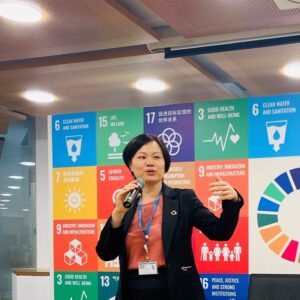
JINGBO HUANG,Director,UNU Macau
Jingbo is responsible for UNU Macau’s overall management and creating an enabling research ecosystem locally, regionally and globally. She has held various managerial positions in the UN, UNDP, UNESCO and UNSSC in the past 15 years. She founded the UN system executive management programmes, which quickly became the corporate standard. Jingbo received her Doctor of Education degree from Columbia University, specialized in Communication, Computing and Technology in Education. She has been a career advisor and visiting professor at the Sun Yat-sen University since 2007.
THEME and
SPEAKERS
Session 1: Youth Work on Digital Humanities in Empowering the Cultural Legacy
Digital memory is a new form of memory in which the historical and cultural information of a specific object is digitally acquired, carried and disseminated in cyberspace. With the advancement of information-physical social systems, technology has made it possible to collect and access an unprecedented amount of cultural heritage information resources. So, how can traditional culture and historical monuments be combined with digital technology? How can cultural heritage be better preserved? This theme will answer these questions and discover innovative models to empower cultural heritage.
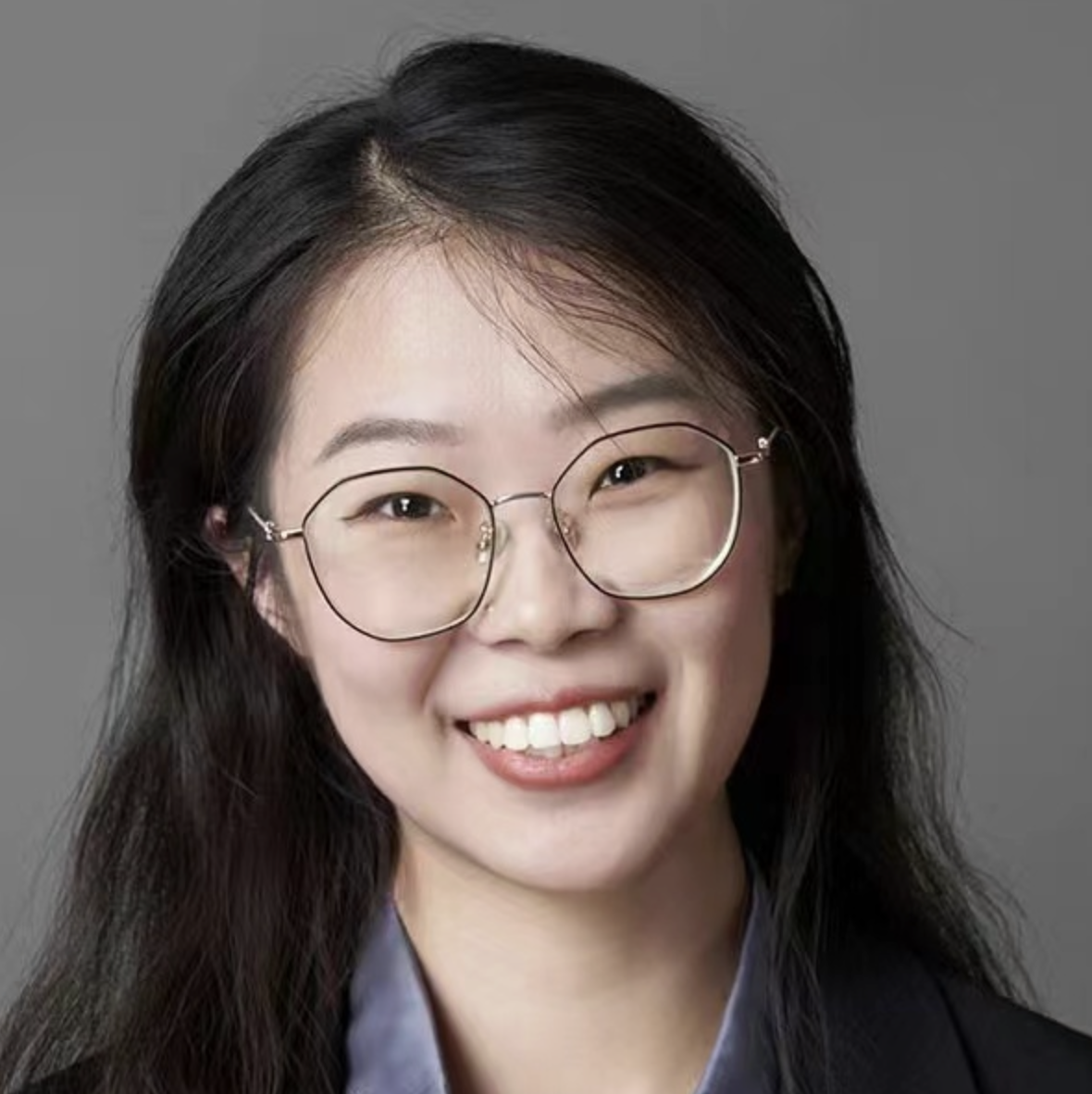
Tianjio Qi
Dr. Tianjiao Qi is a lecturer at the School of Information Resource Management, Faculty of Research Center for Digital Humanities at Renmin University of China. She earned a PhD in management from Renmin University of China in 2020 and then started her postdoctoral training in RUC until 2022. From 2022 August, she was promoted as RUC Outstanding Young Scholar and has been researching on Digital Humanities, Digital Cultural Heritage and Digital GLAM. She is now one editor of the journal Research in Digital Humanities, the first academic journal on DH in mainland China. She has participated in “Beijing Memory” project since 2013 and teaches innovative courses like Digital Memory, Digital Cultural Heritage, Archives and Cultural Heritage based on “Beijing Memory” platform. She has published more than 20 papers in academic journals at home and abroad.
Report topic:
Digital memory: Innovative Mode of Digital Cultural Heritage and Digital Humanities Higher Education
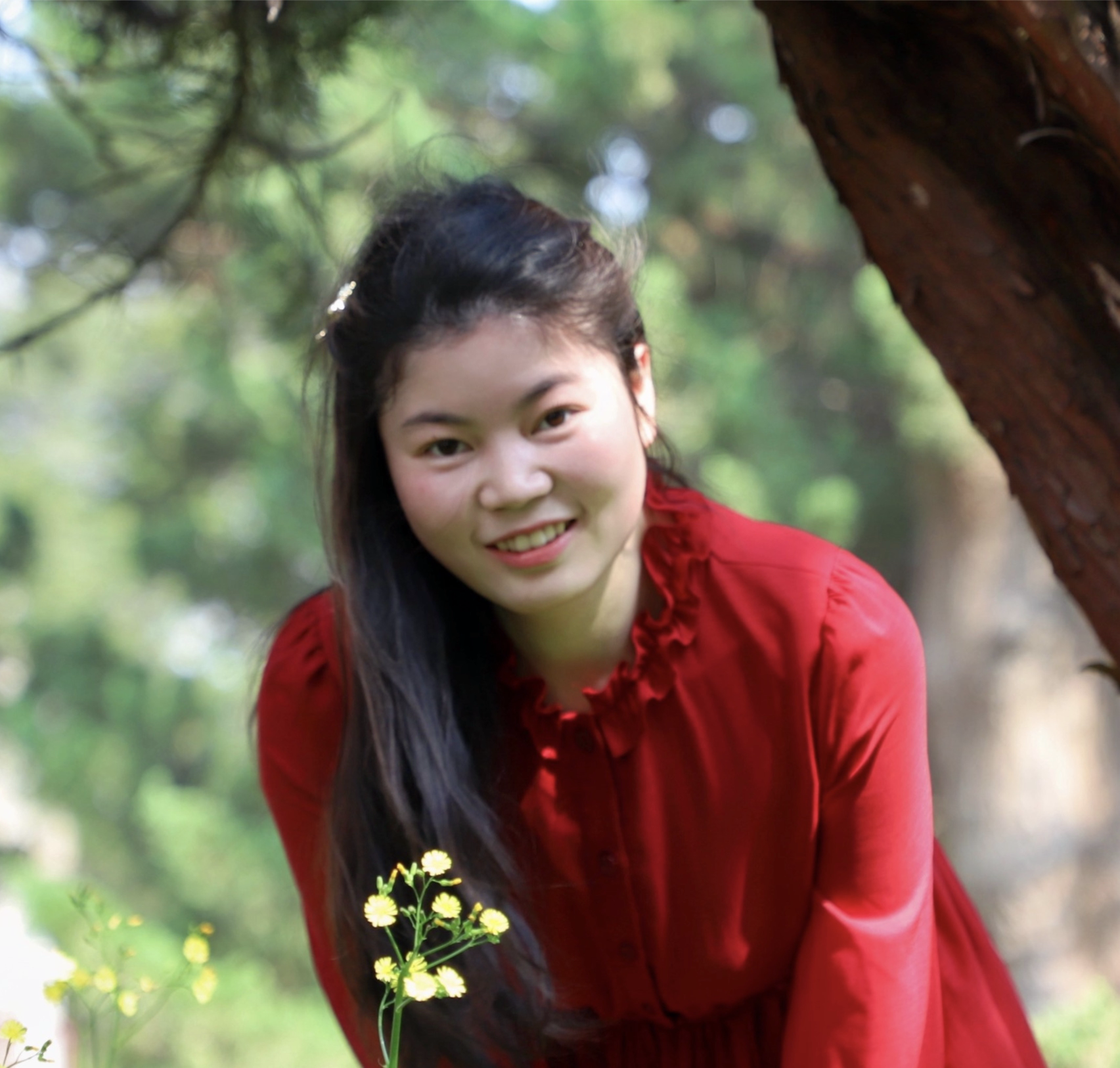
Qingyu Duan
Dr. Tianjiao Qi is a lecturer at the School of Information Resource Management, Faculty of Research Center for Digital Humanities at Renmin University of China. She earned a PhD in management from Renmin University of China in 2020 and then started her postdoctoral training in RUC until 2022. From 2022 August, she was promoted as RUC Outstanding Young Scholar and has been researching on Digital Humanities, Digital Cultural Heritage and Digital GLAM. She is now one editor of the journal Research in Digital Humanities, the first academic journal on DH in mainland China. She has participated in “Beijing Memory” project since 2013 and teaches innovative courses like Digital Memory, Digital Cultural Heritage, Archives and Cultural Heritage based on “Beijing Memory” platform. She has published more than 20 papers in academic journals at home and abroad.
Qingyu Duan is a doctoral student in the School of Information Management, Wuhan University. His main research fields are digital humanities and data management. He has published more than ten papers in journals and international conferences such as JASIST, LP and iConfenrence.
Report topic:
Smart Data of Dunhuang Cultural Heritage
Session 3: Artificial Intelligence Cutting Edge
What is generative AI and what are the challenges in the AI 2.0 era? How can gender bias in data debiasing methods be effectively weakened? This topic will introduce the cutting-edge developments in AI and explore the technical and ethical issues in the AI 2.0 era.
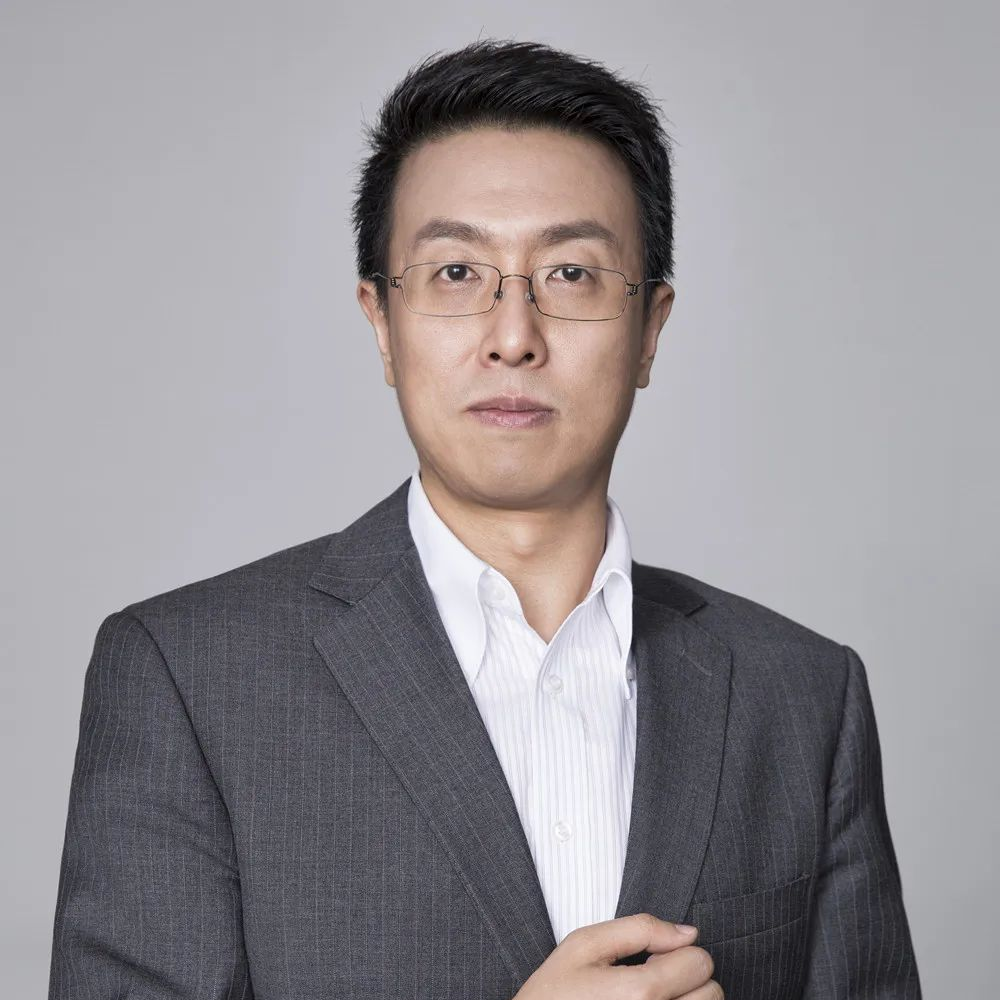
Feng Tian
Tian Feng, founding dean of Sensetime Intelligent Industry Research Institute, founding dean of Aliyun Research Institute, invited expert of APEC, co-director of Computational Law and AI Ethics Research Center of Shanghai Jiao Tong University, Tencent News observer, expert of artificial intelligence, meta-universe and digital transformation, with rich industrial practical experience. He has published 11 books including “New Infrastructure”, “Cloud Strategy”, “Internet 3.0” and “Top of Science and Technology”. He is a member of the national research group such as the Ministry of Science and Technology, a core expert of Xinhua Outlook Think Tank, Artificial Intelligence Research Institute of People’s Daily Online, Internet Society of China, China Digital Economy 100, and Shanghai Association of Artificial Intelligence Technology. Visiting Professor, Institute of Certified Public Accountants, Singapore Management University Business School, China Europe International Business School, Cheung Kong Graduate School of Business, Shanghai Jiao Tong University Qingyuan Research Institute.
Report topic:
AI 2.0 Era: From AIGC to Big Model
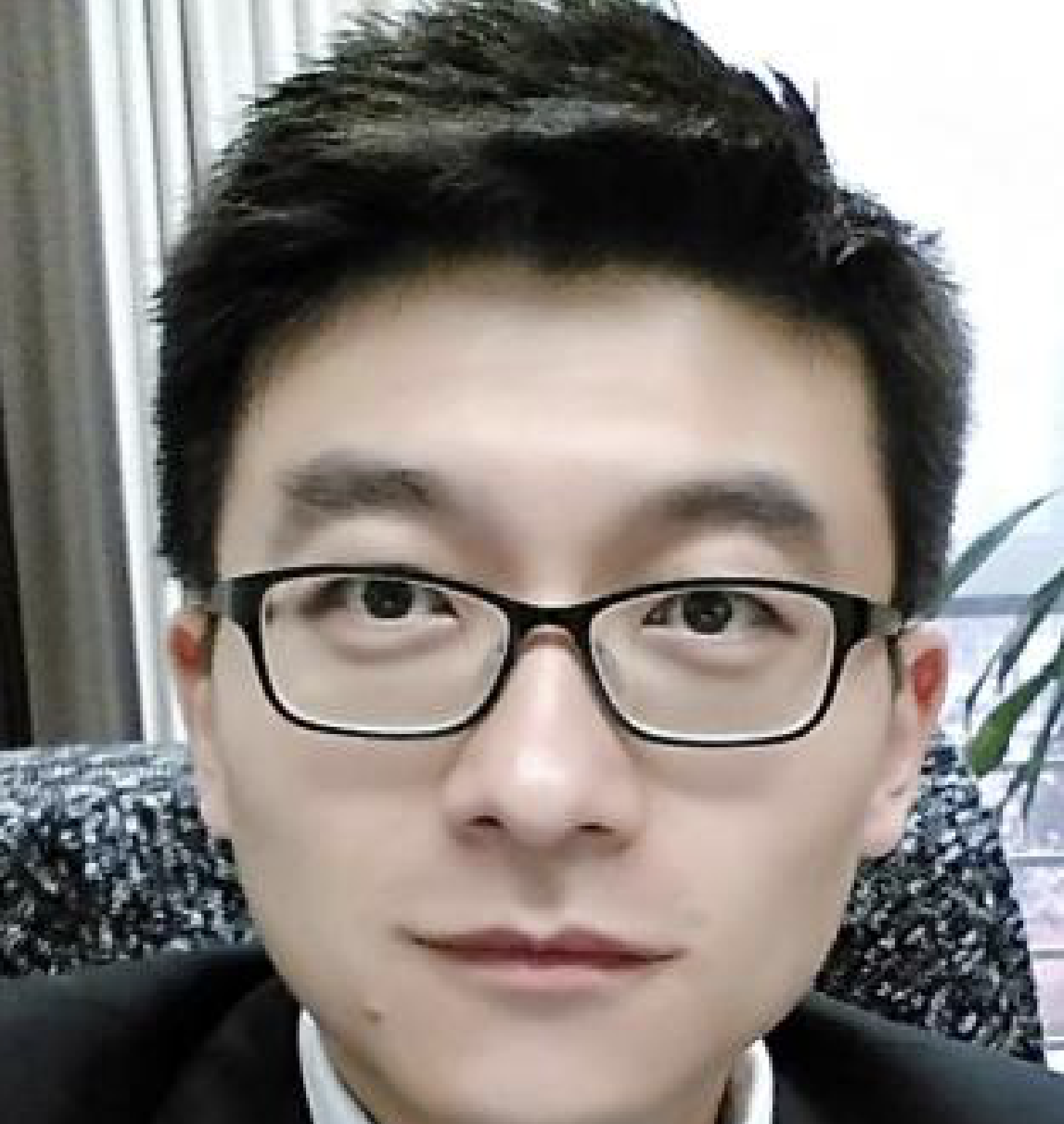
Yang Yu
Yang Yu is an Assistant Professor at the Institute for Interdisciplinary Information Sciences at Tsinghua University. He holds a Ph.D. in Civil and Environmental Engineering and an M.A. in Economics from Stanford University, as well as an M.S. in Environmental Science and a B.S. in Mathematics from Nanjing University. His research fields include algorithmic economics, quantitative economics, and computational energy economics.
Report topic:
Does Debiasing Inevitably Degrade the Model Performance
Session 2: Digital technology and Wellness
Technological innovation is an important driver of sustainable development. What are the updates of cutting-edge digital technologies in the fields of healthcare, accessibility and social well-being? What opportunities are digital technologies creating for rural youth? This theme will tell the changes brought by digital technology to society from all areas of society.
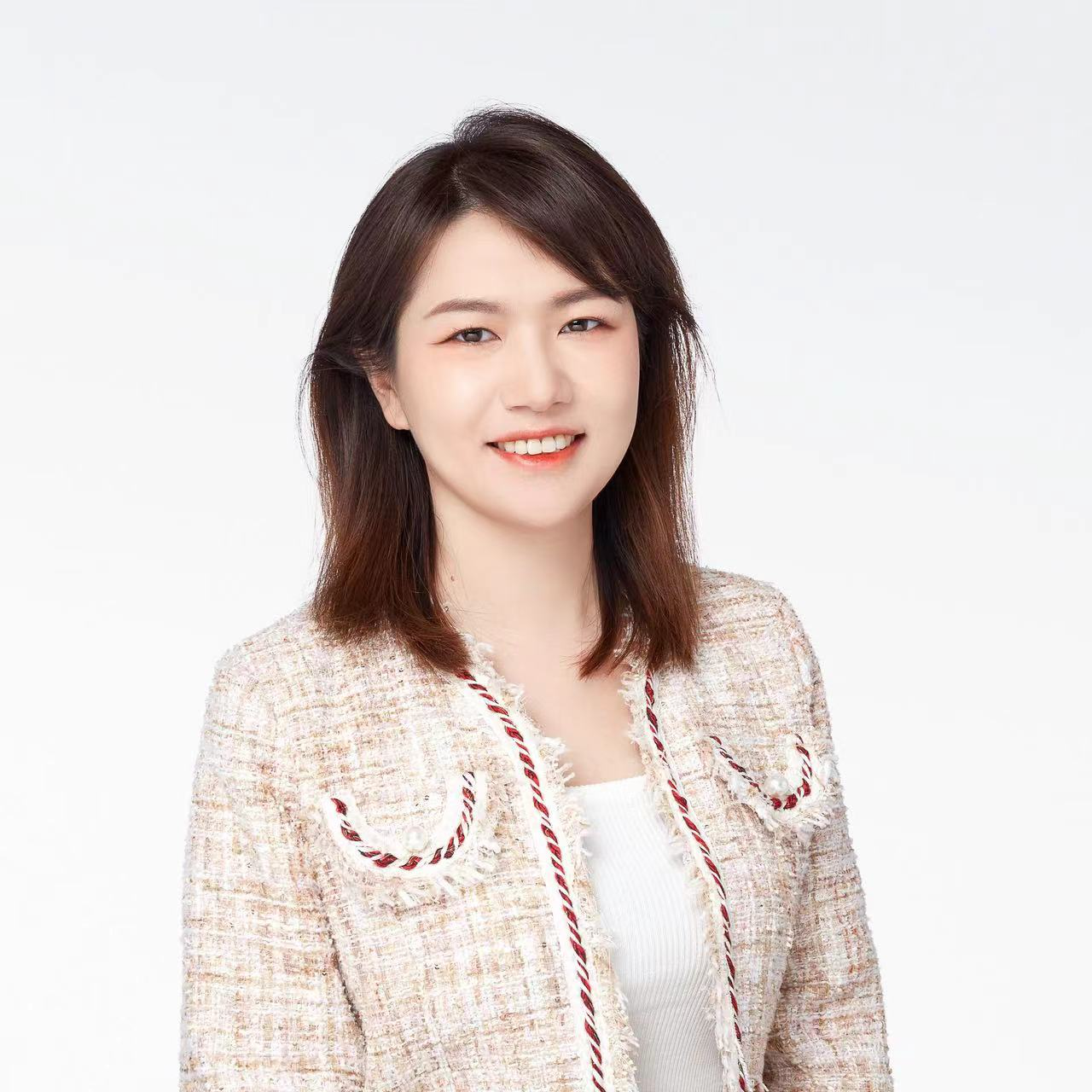
Qin Cao
PhD in Cardiovascular Medicine from Shanghai Jiao Tong University and MBA from Fudan University. Engaged in medical, teaching, and scientific research work related to cardiovascular diseases, specializing in the diagnosis and treatment of cardiovascular diseases such as coronary heart disease, hypertension, arrhythmia, and heart failure, especially the diagnosis and treatment of critically ill cardiovascular patients. Participated in and led multiple national-level projects, covering fields of clinical medicine, management science, BT-IT, and new generation information technology.
Report topic:
Young doctors see the convergence of medical care and next-generation information technology

Chen Liang Gangxu
Chen Liang Gangxu is a doctoral student in the School of computer Science and Technology, East China normal University. His main research field is computer vision and pattern recognition. He has published many articles in CCF-A and B journals.
Report topic:
Multimodal visual scene understanding by scene graph generation
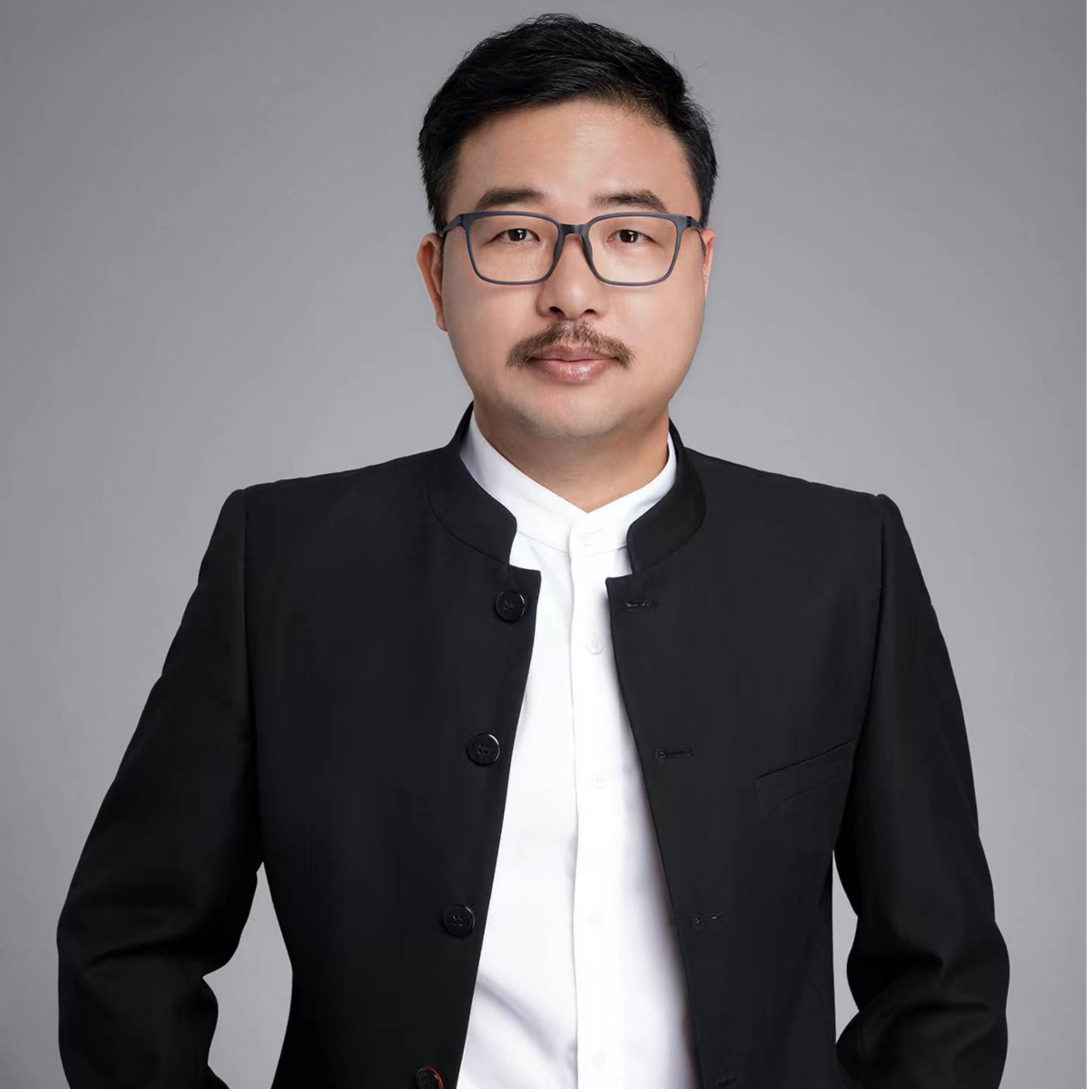
Wenhua Sun
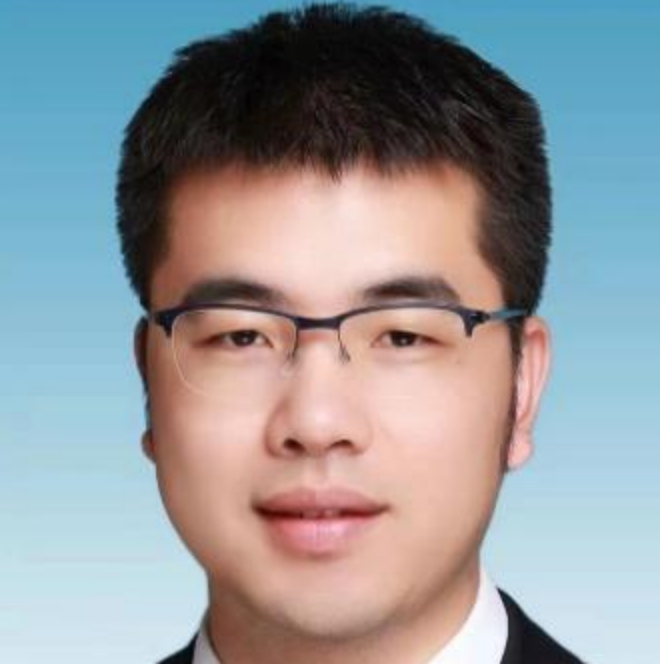
Zhenzhen Wang
Dr. Sun Wenhua, Doctor of Management, Director of the Institute of Urban and Rural Industrial Finance of the Yangtze River Delta Science and Technology Industry Financial Services Collaborative Innovation Center in Shanghai, Head of the Science and Technology China Rural Innovation Industry Service Group, Vice President of the Park Branch of the Chinese Agricultural Society, Director of the Expert Committee of the Agricultural Industry Chamber of Commerce of the All-China Federation of Industry and Commerce, author of academic books such as “Special Town: Field Complex Policies, Actions and Solutions”, “New Business Opportunities in Double Cycle: Mining Trillion Urban and Rural Markets”. He was awarded the Top Ten Outstanding Person Award of Rural Revitalization of Agriculture, Culture and Tourism Industry in 2019 and was elected as one of the top 100 young scholars of China’s industrial research in 2021. He has rich industrial practice experience and theoretical research foundation, and is committed to promoting the high-quality development of local rural economy.
Wang Zhenzhen, senior engineer, chief expert, chairman and general manager of Zhejiang Xinetzhen Technology Co., Ltd. and Hangzhou Huaquan Software Co. He is also a member of the Expert Committee of Natural Computing and Digital Smart City of China Artificial Intelligence Society. He has been awarded the 100 people influencing the process of China’s big data industry, the 2015 Hangzhou Top Ten Entrepreneurs, the 2018 Top Ten Emerging Hangzhou Businessmen, the 2019 Hangzhou Emerging Entrepreneurial Star, the 2019 Hangzhou Top Ten Young Sci-Tech Innovators, the 2019 Industry Informatization Leader, the 2021 Zhejiang Youth Entrepreneurship Award, the 2022 Wu Wenjun Artificial Intelligence Science and Technology Award Third Prize, etc. Honorary title.
Report topic:
What Are The Opportunities For Youth In Digital Countryside Under The Digital China Strategy?
Session 4: Personal Information Protection and Data Security Governance
In the era of digital economy, personal information protection and data security have become the most fundamental security issues. How can digital technology help anti-phishing exercises? What are the trends and dilemmas of international data security governance in the era of globalization? This theme will discuss data security governance practices from a youth perspective and consider the way forward for future development.
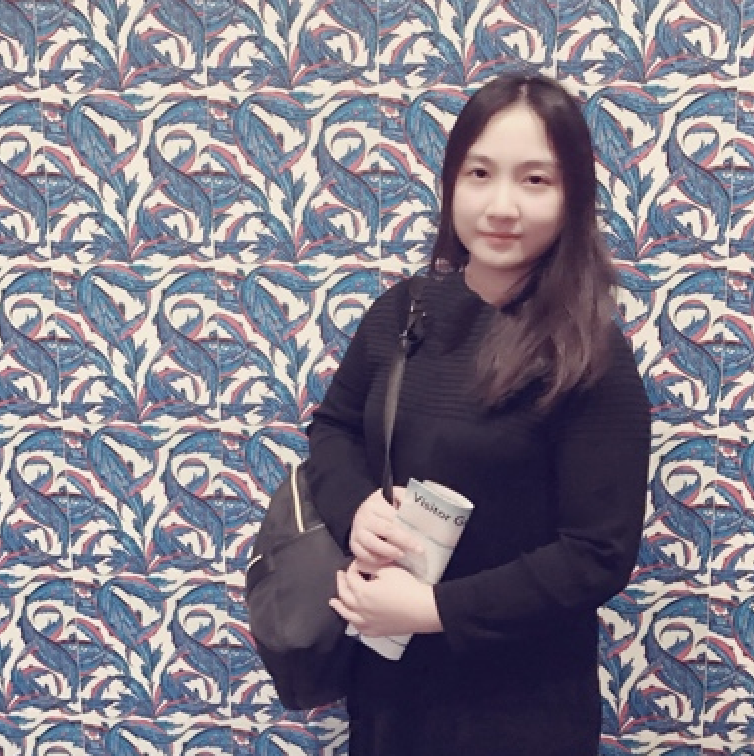
Shihe Pan
Shihe Pan earned her Ph.D. from the Operations and Information Management Department at the Wisconsin School of Business. Before joining the Wisconsin School of Business, she was a product manager at Allinpay Network Services Co., Ltd. in China. She earned her Master of Accounting degree and her Bachelor of Project Management degree from the Management and Economics School at Wuhan University. Her research interest is to explore information security and privacy issues from a behavioral perspective.
Report topic:
Roles of Feedback and Phishing Characteristics in Antiphishing Training Performance: Perspectives of Goal-Setting and Skill Acquisition
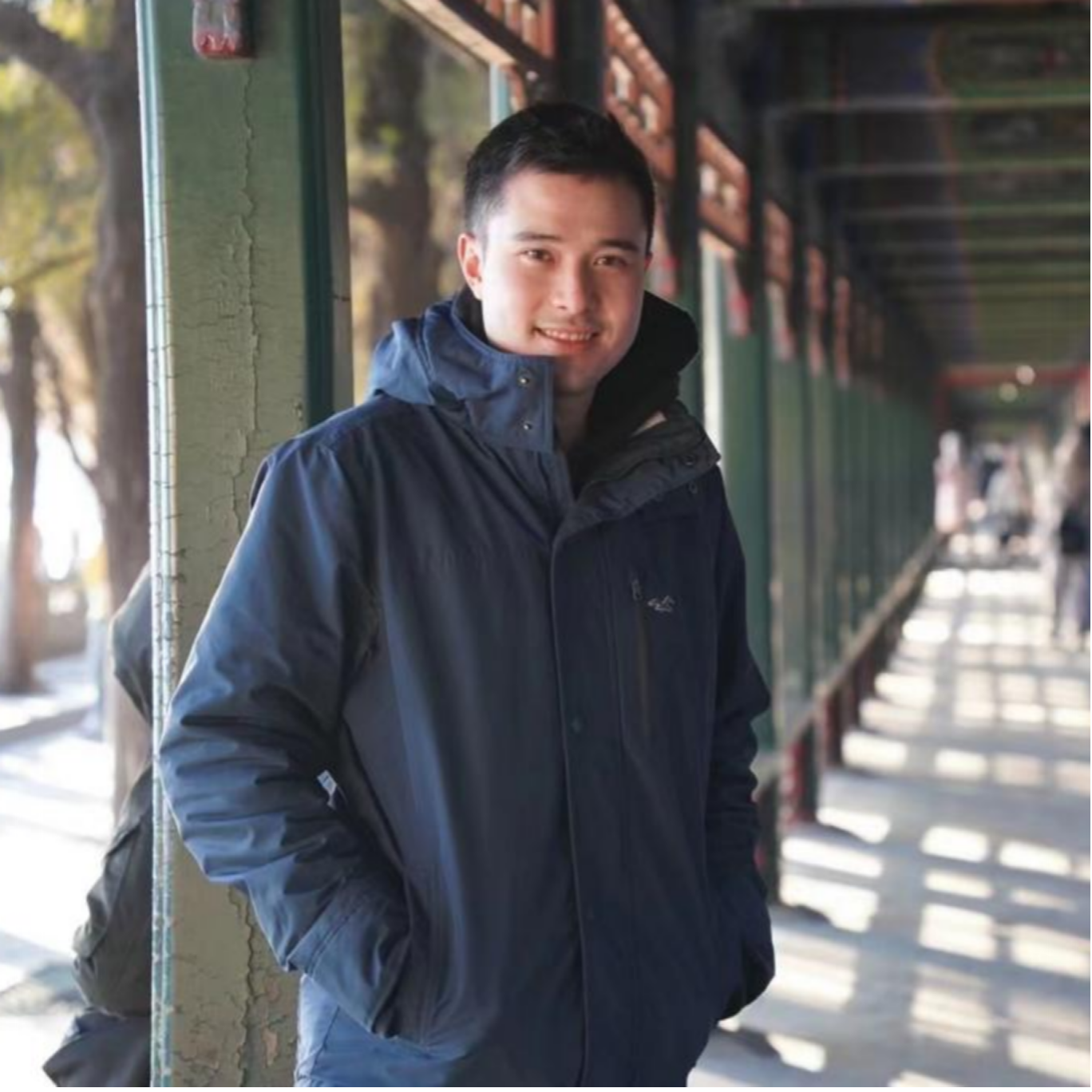
LAM Ka Tat
LAM Ka Tat (Chris) is a Ph.D. Candidate of the School of Social Sciences, Tsinghua University and majoring in International Relations. His research interests include Global Governance, Economic Diplomacy and Guangdong-Hong Kong-Macao Bay Area. Before his studies at Tsinghua, he earned his MSc with Merit in East Asian Development and Global Economy from the University of Bristol, and B.A with First Class honour in History from The Chinese University of Hong Kong. Beside, he has practical experiences in the field of youth development and research. He is currently a non-official member of the Youth Development Commission and a co-investigator of the research project funded by the Public Policy Research Funding Scheme of the HKSAR Government.
Report topic:
The Trends and Dilemmas in Data (Information) Security Governance- Based on the perspective on Globalization
About The Institute for AI International Governance of Tsinghua University (I-AIIG):
Approved to be established by Tsinghua University in April 2020, the Institute for AI International Governance (I-AIIG) is a university-level research institution headed by Xue Lan, a renowned science and technology (S&T) policy expert and senior professor of liberal arts at Tsinghua University. Andrew Chi-Chih Yao, a Turing Award winner and academician at the Chinese Academy of Sciences, serves as the chair of the academic committee of I-AIIG. The Institute takes pride in its strong resident and nonresident research forces made up of leading scholars, young academics, and industry heavyweights. Leveraging Tsinghua’s existing resources and interdisciplinary strengths in AI and international governance, I-AIIG conducts research on major theoretical issues and policy needs regarding global AI governance, as it aims to enhance Tsinghua’s global academic influence and policy leadership and to provide intellectual support for China’s active engagement in this arena.
